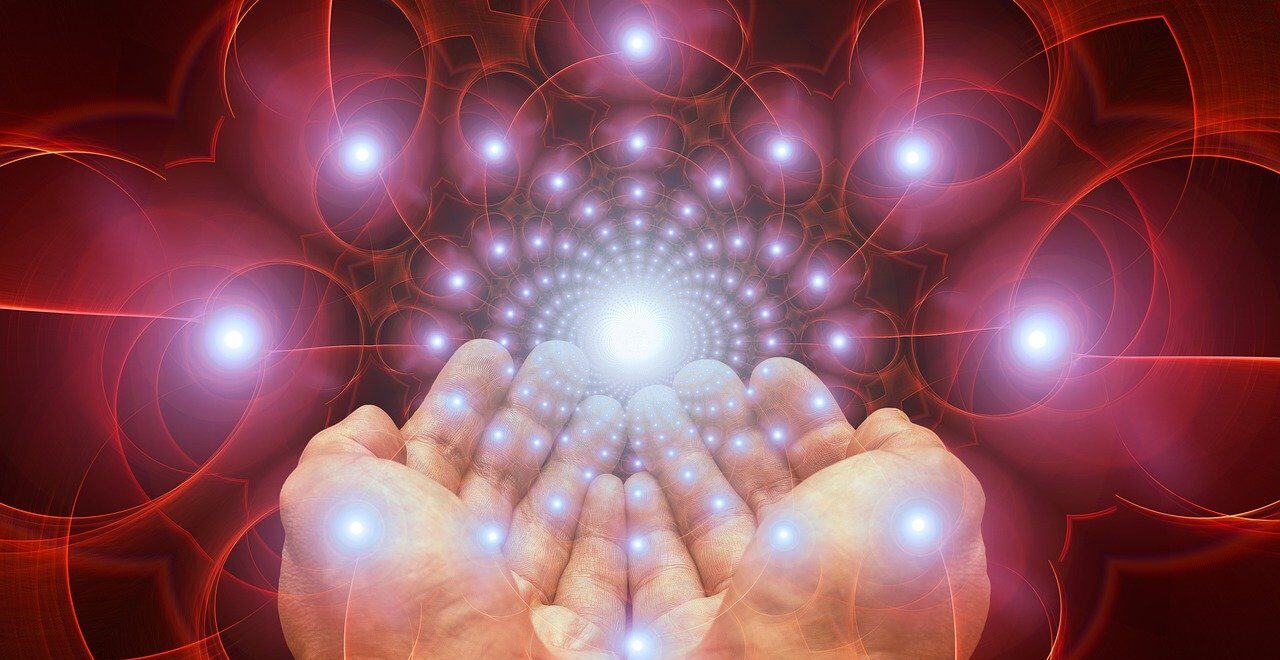I recently read a quote about overcoming adversity. It said change your belief from thinking “why is this happening to me to what is this trying to teach me.”
This stuck me as a very succinct way of describing one of my favorite concepts that has profoundly changed my daily life: radical acceptance.
Radical acceptance is a tenet od Dialectical Behavior Therapy or DBT for short.
DBT is a form of therapy that is effective in helping individuals embrace positivity when faced with change and adversity in everyday life.
DBT is often used in the treatment of mental health issues such as generalize anxiety disorder, PTSD, ADHD as well as substance abuse issues.
The main concept of radical acceptance is that suffering is not caused by an individual’s pain.
The suffering is caused by the individual’s attachment to the pain.
The concept is rooted in a Buddhist concept that acceptance is the first step towards change and growth.
Radical acceptance seeks to change some of these negative thoughts:
“Everything is working against me.”
“What did I do to deserve this.
”Why do bad things always happen to me.”
“This is not right.”
“I’m never going to be okay with this.”
These are just a few examples of thoughts that can be impactful on one’s well being and lead to destructive behaviors.
Before being introduce to radical acceptance in my treatment for substance abuse, anxiety and depression, I was definitely engaging in destructive behaviors and was full of negative thoughts and emotions.
But how does it work? First, I must say, it’s not easy and not an overnight solution.
It involves a great alteration of one’s beliefs.
But, with training and practice, radical acceptance can be a life-changing behavior.
The first part of the process involves accepting situations for what they are no matter how painful.
The difference is that acceptance does not mean the same as agreement and that is where some individuals struggle.
One can accept pain without agreeing with it.
Agreeing with the pain is where the suffering comes in.
It helps to remember that pain is unavoidable.
It is a natural part of the human condition.
One simply cannot keep painful events and emotions from happening.
Suffering, however, is completely avoidable with the proper mindset.
When I began my journey with recovery from substance abuse, depression and anxiety I was very detached from many aspects of the realities of my life.
I was constantly angry because I was trying unsuccessfully to fit the squares of my version of reality into the round holes of the true realities around me.
I did not want to accept the fact that I had a drinking problem that was adversely affecting all aspects of my life.
I was constantly depressed, anxious and angry and unfairly taking it out on my loved ones.
However, drinking temporarily relieved my negative feelings which prevented me from accepting the fact that I was suffering from mental illness.
I was on a slippery slope but stay tuned for the second part of this article when I explain how I began to get my footing back

